Auditing – Developing your Recovery

Analysing and adding up your succeses
All counselling asks you to look at the things you have been trying not to look at. Sometimes for years! Developing you Recovery from Addiction is no different, in fact it is more intensive. This is one of the reasons you may find it difficult. But remember, there is no way to cheat! Without the commitment to analyse your mistakes and failings you cannot learn what works and what does not.
So be encouraged. You are going to learn some things when you read this that are really going to help you to develop your recovery. I call it the auditing process and in this Blog I am going to show you exactly how it works.
Preparation for the audit
Before using this method I would ask you to first study and put into practice the AAA method. It is mainly your commitment to this method that will lead you straight into the auditing process. Make your mind up and commit to the practice of consciously inserting acceptance in between awareness and action. This will prevent you from those ‘knee jerk’ reactions that come from reaching for the fastest thing that will remove a feeling. When you develop your recovery this way you will discover a new and more healthy behaviour emerges naturally. It is right here in the most difficult circumstances that you will find the process of auditing is most useful. Then you will have a familiar discomfort that normally leads you to your addiction but instead achieve a totally new outcome. The auditing process will help you to ‘anchor’ your new response to adversity firmly in place.
Analysing events by comparing the old and the new
You will probably understand this process quickest if I offer a simple example. This is very typical of the way I have shown countless people this process.
A client I am working with tells me as part of our session that he has found himself in a circumstance that he has been in many times. He describes anger, or sometimes fear. The exact situation is not so important. the important part is that he has had a new outcome! For years he has been drinking or drugging or gambling when he has been caught in this state or circumstance. But not this time! His new found method has saved another binge and we are talking it through. It is at this time I suggest the ‘audit’.
“What is the worst this has ever got when this has happened to you in the past”? I ask this question to establish the disaster of past strategies and it is important that we are clear about this. Often the client will describe real disasters such as weeks in Hospital or prison. We are now getting the first part of the audit. It is important that this answer must be real. It must be the worst consequence coming from the old way of handling this difficulty. I ask the client to hold this ‘story’ in his left hand.
“How hard was it to accept the feelings you had today”? Or sometimes I ask “How difficult was it to ring me today and tell me about this”? The client will often describe acute difficulty such as embarrassment or shame. I then ask the client to place this experience in his right hand.
I then ask the client to compare these experiences by ‘weighing them up’ in his hands. Inevitably the thing that has happened in the past is far worse. Acceptance of the feeling is often an acute but usually short felt discomfort.
Shout out every moment of success!
Accepting the reality of a difficult moment is a real break through in developing your recovery. And like every other small step forward it must be celebrated! I know this will feel strange at first but really go over the top when you discover any thing you did well. It is all part of ‘retraining your brain’ towards growth and a better self image. I ask my clients to regularly make a list of twelve things they have done well that day and to go on and tell themselves how well they did! Speaking this out loud is best, even facing your self in a mirror if you can manage it!
Completing the Audit
It is at this point that I remind the client that he has just saved himself everything in his left hand by being willing to do what is in his right hand. The comparison is often staggering and is all it takes to convince and encourage the client to continue this new adventure we call recovery. Once learned this can be practised every day as a reminder and an incentive to continue to commit to personal growth and development. If you practice this you will soon discovery what all my clients have found for themselves. that feelings cannot kill you. That feelings cannot make you do anything. That feelings are there to be felt. That feelings can be used to develop your recovery.
Thanks for taking the time to read this – If you subscribe below you will receive regular updates.





0 Comments